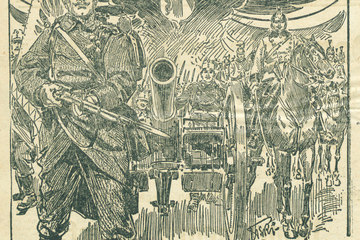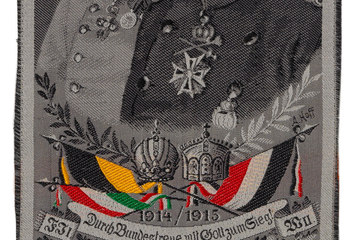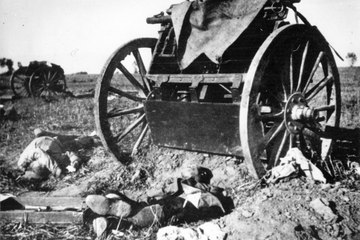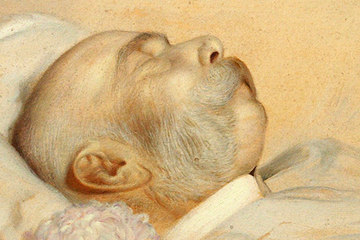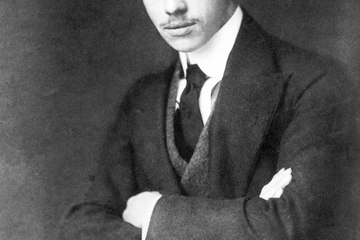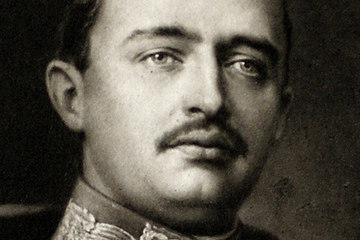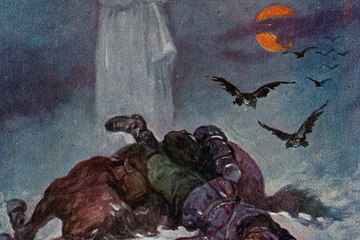The War and its Consequences
The First World War was the first ‘modern war’ – not only on the level of matériel (notably the new aeroplanes, tanks and U-boats) but also of personnel, because of the involvement of the whole of society. War began to acquire totalitarian traits.
The war demonstrated the susceptibility of modern mass societies to nationalistic chauvinism and the glorification of force. The war rhetoric fell on receptive ears and at the beginning of the war the dominant mood was one of euphoria.
Before long, however, the grim reality of war became clear. What had initially been made light of as no more than a ‘little excursion’ developed into a long-drawn-out conflict that soon showed up the Monarchy’s limits. The static war of attrition as fought with massive losses in the high Alpine terrain of the Dolomites and in the Isonzo valley became a symbol of a machinery of war that had lost any kind of human dimension.
The results of the war shook the social and political order to their foundations. The death of Emperor Franz Joseph in November 1916 was widely seen as the end of an era and of the world it embodied. His successor Emperor Karl could offer little to hold back the threat of final demise.
The course of the war acquired new dimensions through the entry into the conflict of the USA in the spring of 1917 and the consequences of the Russian Revolution in autumn 1917.


